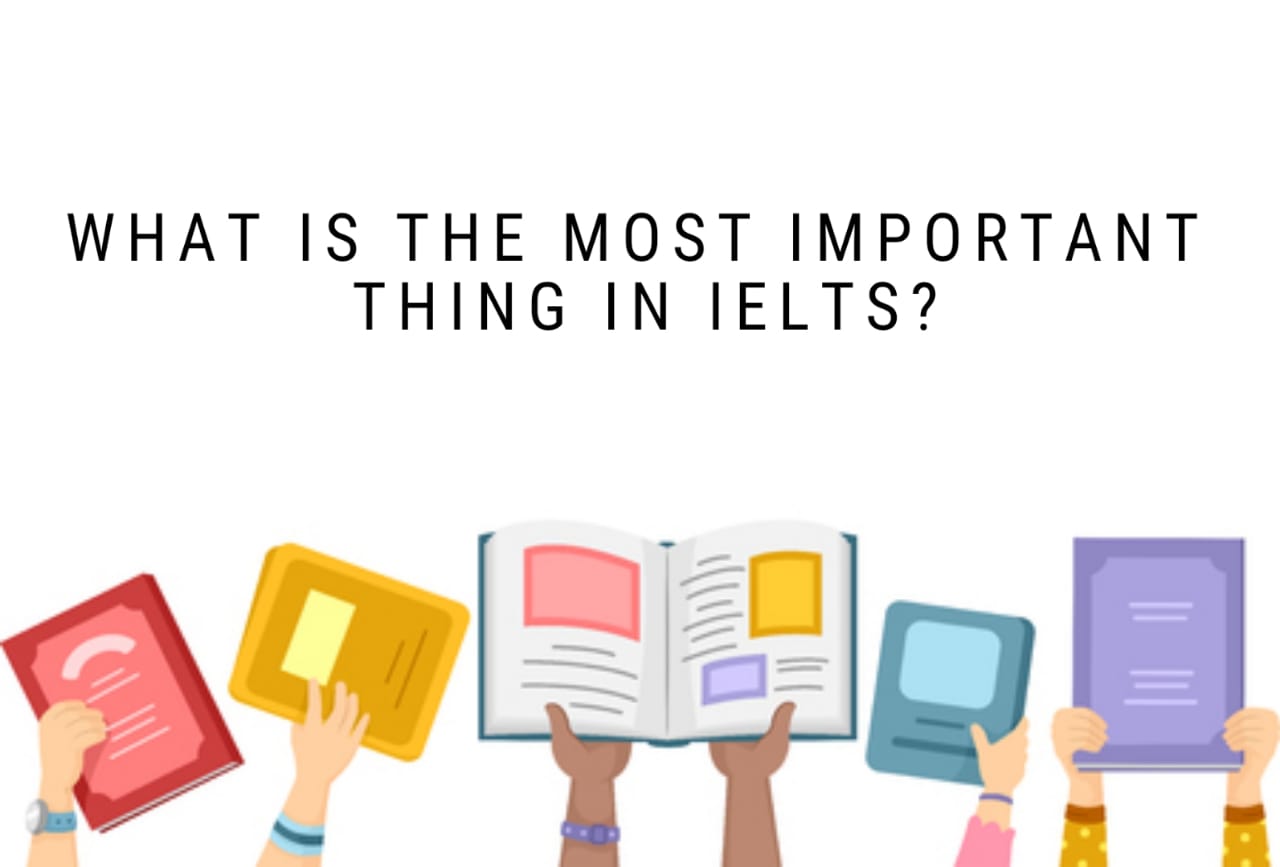
For employment or educational possibilities, the IELTS exam becomes ever more relevant. There is plenty of material about improving your performance during the IELTS test on the Internet.
Get the responses more compelling for the IELTS speaker-test using informative data and personal data. Parts 2 & 3 are more relevant than Part 1. Part 1 should be brief and quick with a limit of two or three sentences; there would be no time to talk with you.
This is a nice opportunity to address your thoughts and opinions; it's vital to remember that there are no correct or incorrect answers. You must be able to easily interact, regardless of what the thoughts are.
Often match the grammar of the question in your answer. The ability to communicate efficiently is being put to the test. Small errors that do not perplex the audience are often overlooked as long as we know or can infer what you wanted to say.
However, answering a question about a sport you played as a kid by explaining the weekend hockey team you play on would perplex the audience (the examiner in this case). It can show that you don't understand the issue fully, which also leads to misunderstandings and bad communication.
If you're doing the IELTS speaking test, make sure you understand and know how to use big words. Many candidates like looking up large, complicated terms in dictionaries, but this is a poor idea. You won't find any examples of how to use the terms in a sentence in the dictionary.
Candidates often fail to recognize that most native speakers depend on collocations and colloquialisms rather than fancy, complex terms. Native speakers, for example, always say "Merry Christmas" and "Happy New Year." Even though happy, great, and merry all mean exactly the same thing, we will never say "Happy Christmas," "Wonderful Christmas," or "Merry New Year." If you wish anyone a "wonderful Christmas," you'll get odd looks and no comment.
To make your speech more meaningful during the IELTS speaking test, use synonyms and conjunctions. Using the same word over and over again suggests a small vocabulary. If you're referring to your brother or sister, use terms like "sibling," "relative," or "kin."
Conjunctions also add interest to the speech and make it easy to follow. Words like "except," "and," "for," and others are the only distinction between a simple and a compound phrase. You strengthened your grammar as well as your ranking by using basic conjunctions. You will improve the ranking by combining two sentences into one.
Use brief responses or, better still, lie if you don't know something about a subject or if the topic is awkward. Well, indeed! On the IELTS speaking test, you should lie. Quick responses will not fit in Part 2, where you must talk for two minutes.
as long as you don’t do it repeatedly, you might get away with it in, Part 3. It's fine if you don't know about a topic; you're being judged on your ability to articulate your thoughts, not whether they're correct or incorrect.
Considering all the above points and doing exactly what was told one can grab good marks in IELTS and go to their dream destination for their further studies. Practicing and learning make it happen.
With bright hopes in your mind, you have every reason to travel and study in Europe. Golden Future's most accommodating Europe visa programs get you closer to realizing your dream of studying in Europe. If you have any questions, please do not hesitate to contact us; we would be delighted to assist you.